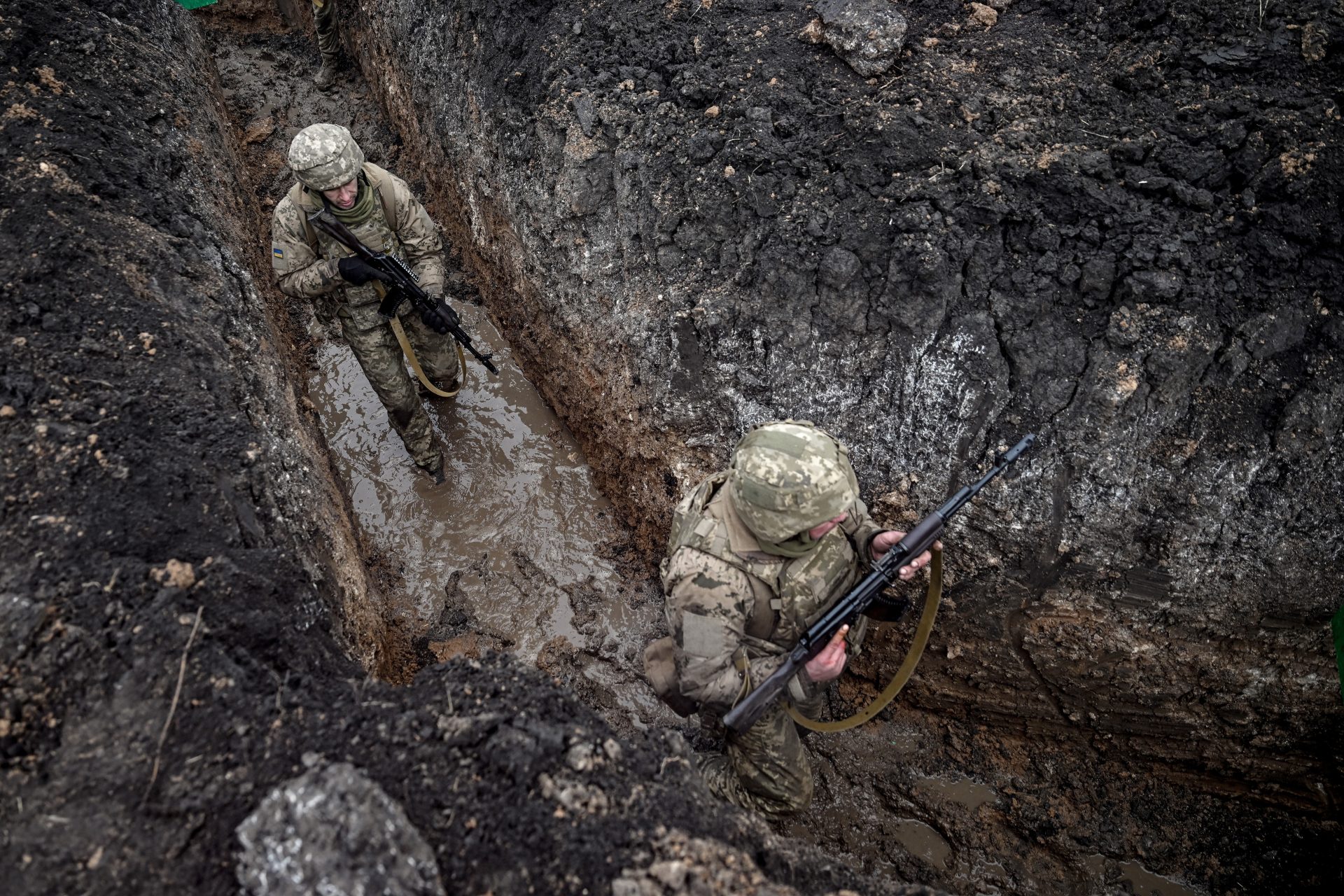Colorectal cancer is rising among young adults, and doctors don't know why
American Cancer Society's latest colorectal cancer report shows that one in five people diagnosed with the disease is under 50. That means that this type of cancer is rising among young patients.
The account also showed that colorectal cancer patients are diagnosed at advanced stages. According to CNN's review of the report, in 2019, 60% of all new colorectal cases among all ages were advanced.
"Anecdotally, it's not rare for us now to hear about a young person with advanced colorectal cancer," said Dr. William Dahut, chief scientific officer for the American Cancer Society, in a statement gathereth by the news channel.
Examples of this are Black Panther protagonist Chadwick Boseman, who died at 43 of colon cancer three years ago. Another is broadway actor Quentin Oliver Lee, who died last year at 34.
Cases among young people increased steadily, from 11% in 1995 to 20% in 2019. Researchers found that in that period, colorectal cancer rates increased by 1.9% each year in people younger than 55.
More importantly, doctors are concerned that, while overall colorectal cancer death rates fell 57% between 1970 and 2020, they continued to climb 1% annually since 2004 among young people.
They also have considered that people younger than 50 are a shrinking demographic, so the percentage rise is more significant.
According to CNN, Dr. Dahut said it is difficult to determine the causes of this growth. In a short period of time, a shift like that usually points to external factors, he explained.
Dr. Nilofer Saba Azad, co-director of cancer genetics and epigenetics at Johns Hopkins Medicine in Baltimore, told The HuffPost that some external factors might include alcohol, smoking, and conditions including diabetes and other metabolic issues.
Dr. Azad and Dr. Dahut agree that diet is the most probably affecting the statistics, as they told CNN and The HuffPost. Dr. Azad pointed out processed meats and excess body weight.
Screening is critical to preventing a late diagnosis and a possible fatal result for the disease. In the US, regularly scheduled exams for colorectal tumors start at 45.
However, in exceptional cases, doctors can prescribe an early exam. Understanding the symptoms and signs of colorectal cancer is essential to request a screening.
The most poignant sign is blood in the stool, the toilet, or paper. Most people presenting this symptom do not have colorectal cancer but hemorrhoids. However, not every blood case results from hemorrhoids, so it is fundamental not to assume it is.
It is essential to pay attention to any changes in stool, not just blood, as Dr. Azad told The HuffPost. Mayo Clinic also lists feeling like you can't empty your bowel as a symptom.
"If you are diagnosed with anemia, so if your blood count is low, that could be a sign that you're losing blood," Dr. Robin Mendelsohn, co-director of the Center for Young Onset Colorectal and Gastrointestinal Cancer at Memorial Sloan Kettering Cancer Center in New York City told the HuffPost.
It is crucial to pay attention to any of those signs, especially when your doctor and medical insurance will accept the first screenings for the disease. An early diagnosis is crucial for controlling the disease.
More for you
Top Stories





























